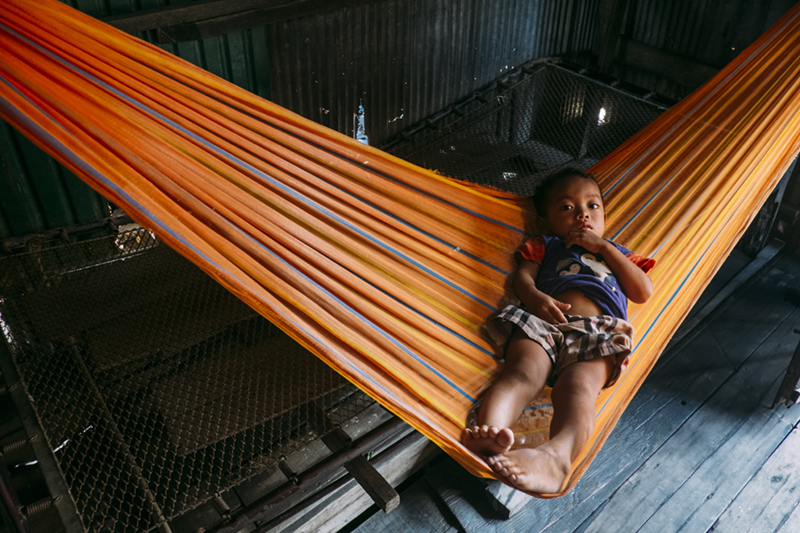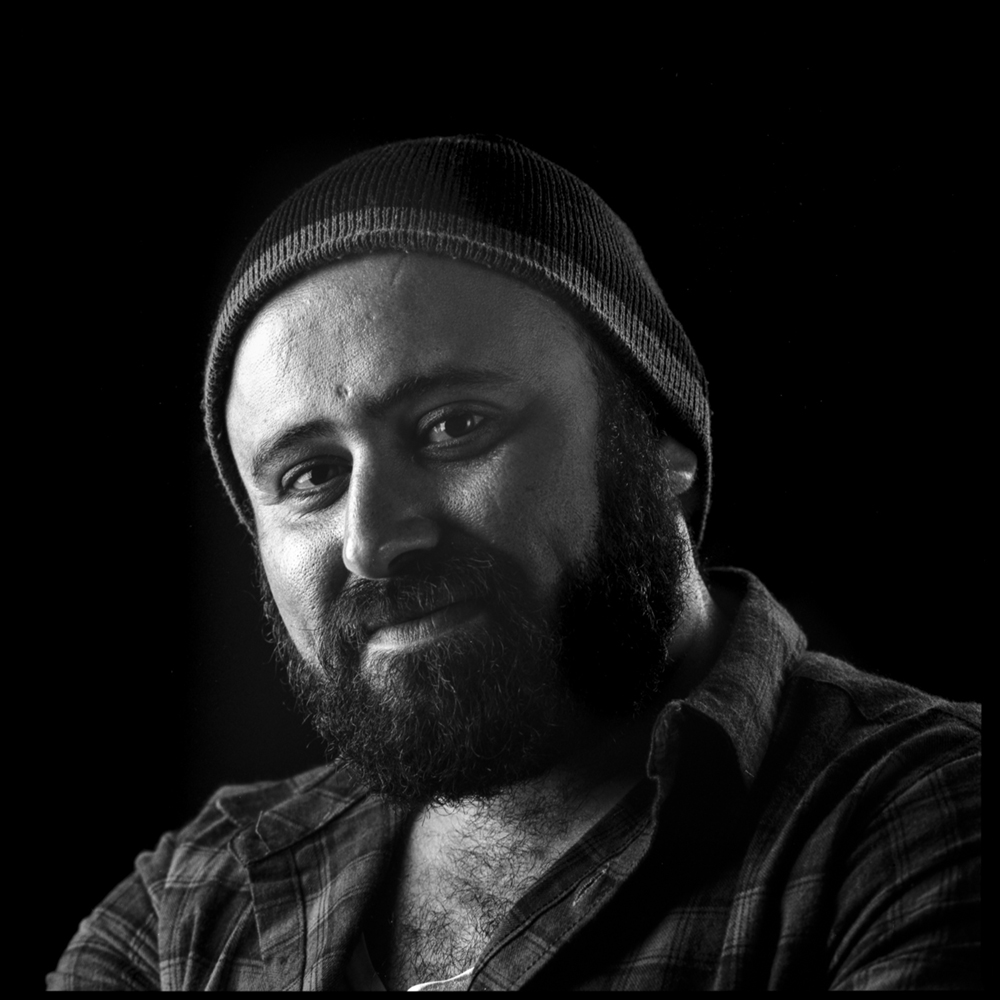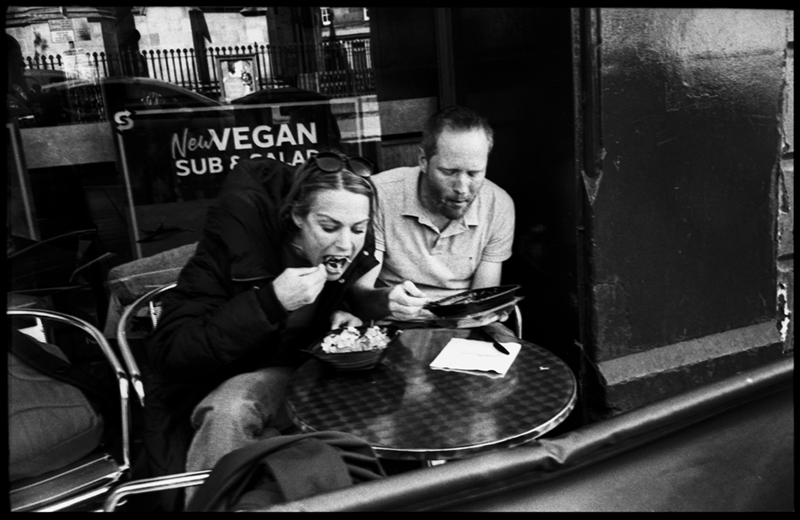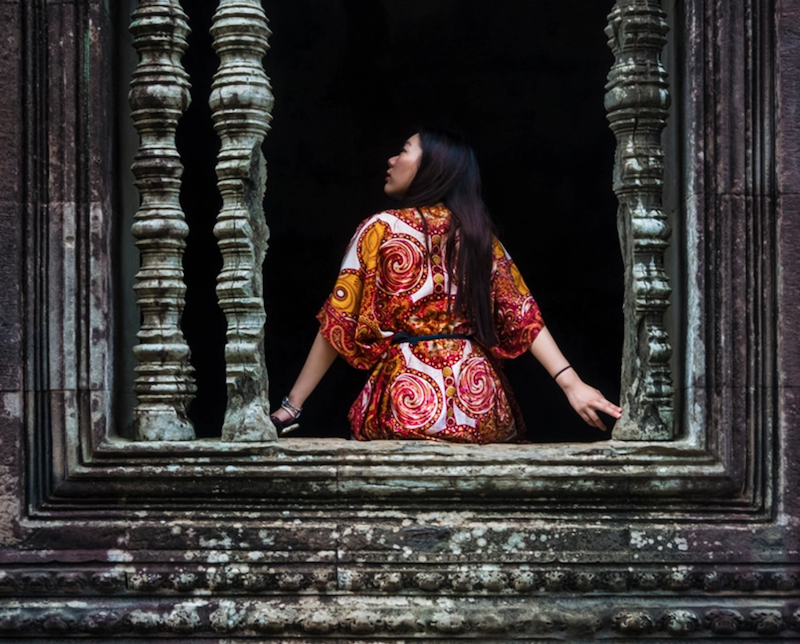Interview with JACOB SAMMUT
Photographer
What really matters to Jacob Sammut in his photographic process is to capture stories. Stories encapsulated in the shot of the slum children of Phnom Penh, a local or foreign street, a model, a nude or a Thai boxer. Each image with its very own story to share with all those who come across his work. Each image which explains why Jacob is considered by many critics as one of the best talents in the local photographic scene. Jacob shared with us his love for photography, what attracts his photographic lens and his plans for the future.
How would you describe your photography?
Uhhhh!!! Starting off with the difficult ones here. I think my photography tends to be a reflection of me as a person and of the particular mood I’m in whilst taking pictures. I do try to have my photographs (especially my documentary photography) be as honest as possible. I don’t want to show something that is not there or have it manipulated into showing something different from what it is, which in itself is a challenge. Being objective in photography, as in many other art forms, but photography especially is close to impossible. No matter how much one tries to not be subjective and to not let his or her personal feelings and emotions influence the subject and moment being photographed, there is part of your humanity that can’t be switched off, so there will always be a touch of your personal influence. The challenge is of course to keep it in control. So I think honest and raw would be a very good way to start scratching the surface into describing my photography.

You have often noted, “It is all about the story, the story behind the image that is, which each viewer can interpret as they may.” Can you elaborate?
I strongly believe that every photograph has a story to tell and of course, we all know that but there is way more than one story. You have the first story, the one you are seeing at a glance, the one which is obvious, the one you can read as soon as you lay your eyes on it. Something simple, something basic. Then there is the story within. The story lies in the details and the connection of those details with the subject around which the photograph is built and yourself. It is this second story that is what matters. This very story may pinch your very own experiences, being past or current. A trigger, if you want to call it that, makes the photograph about you.
How do you differentiate yourself, in order to earn a living doing what you love?
I am different, I guess in any other way that all photographers are different. We all tend to fall in love with a part of photography that we are attracted to and then lead our way. We all go through a phase of experimentation. Some people do weddings whilst others do fashion. The truth is that I just do what I enjoy doing. There are times when your work is liked, and times when you are forgotten just to be discovered again. Is it an easy profession? No. But I never really looked at it in that way because it is much more. Yes of course commissions are important as you need to have food on the table after a day’s work but to be a photographer is so much more than that, to me anyway. To be a photographer is not about having a job, but having a lifestyle. The best part of photography is doing it and the gratifying feeling it gives you when you compose something in the viewfinder, press down on the trigger, and CLICK!!! , the shutter is released.

What does documentary photography mean to you?
I think what it means to me is less significant as to what I hope it gets to mean to the viewers of the work in the following years. So unlike photojournalism, documentation may take years to be finalized if it ever is. A series I have been working on for example has been going on for seven years, and I know it will be published at some point in chapters and series, but the main and primary goal is for it to be archived for future generations to see. I’m a strong believer that without photographs there is no history, no tangible history. We have been seeing old photographs being published in newspapers and if it was not for those photos we would never truly know what the people of those days wore. Yes, we could have paintings but how authentic is a painting when compared to a photograph? So I think the main key point as to what documentary photography is to me. It is recording life for people to learn from, change things from and finally learn about the mishaps and successes of the world, leading on to inspire so as the viewer, can attempt his own changes no matter how big or small they may be.
What is typically in your camera bag?
Hmm… It normally depends on whether I am on a job or just strolling, but in my everyday bag I tend to have a 35mm camera, and 99% of the time it is mounted with a 35mm lens, a couple of rolls of film, a light-meter, a couple of pens, a notebook and my Kindle. That tends to be it.

The famous American photographer, Diane Arbus once noted, “A picture is a secret about a secret, the more it tells you the less you know.” Do you agree?
Let me start off by saying yes and will lead on as to explaining why and how it works even better once you understand what Arbus’s work was all about. When taking a photograph, and at this stage let us presume you are taking a portrait of someone, the sitter can only give you so much of who they are, and much less will be seen in the actual photograph. (This is very similar to what we were discussing before in relation to the story a photograph tells a viewer by the way.)
If I were however to add a ton of props in the photograph which relate to the subject you now have a lot of information you can connect the subject to. Now, you may think this is killing the secret if you want to call it so because I, as a photographer am giving you hints, however, those hints are distracting from the real subject. The information I am giving you may be misleading to what the subject is truly about, so you do not ask questions to yourself, you do not probe the image, the face, the gaze. You kill the curiosity because it is all there for you to see. Hence why the more it tells you the less you know because you are only seeing what I as a photographer want you to see.
To what extent do you feel that photographs are memento mori?
I assume that we are here talking about the philosophical aspect and not the Portraits of the Dead here. I never actually thought about photographs (of course we are talking about documentary photography here) as a reminder that death is inevitable. On the contrary, I have always seen these photographs to be about life. I do not look at images from the past and see dead people, but the living experiences of others. Even when looking at war photographs and the atrocities that occurred within each war, I do not link it to a reminder of the inevitable but an understanding of life, be it amazing or horrible.

Do you look for great pictures, or do they just find you?
I wouldn’t know about great pictures, I think that is yet to happen, but more than looking for great pictures I take strolls with my camera, and when I sense something that hits me hard I take the photograph. Sometimes I may shoot a whole roll, and some other times I may just get back home after shooting just two frames. There is always something worth shooting but has to be something that triggers you.
Do we sense another photography tip coming?
I must be exhausting you at this stage. I will keep this short. Forget about hours of editing, grab your camera and go take pictures. Photography is not about sitting at your computer.
Can you leave us with one last piece of photography wisdom?
The best camera is the camera you have in your bag. Do not make the mistake of spending money on all the different equipment you see. It will just be left gathering dust.




